Kenya
A group of Nubian women in Kenya’s largest informal settlement is using hydroponics and circular gardening to revive traditional vegetables.
Here in Kibera (from "kibra", meaning "forest") Nubian women are turning their hands to hydroponics and circular gardening to make use of small spaces that can sustain both culture and innovation.
The Mazingira Women Initiative, founded in 2019, aims to empower Nubian women to preserve their cultural heritage while building climate-resilient food systems.
The group has fifty members who are also involved in cleaning the environment and recycling food waste into organic fertilizer. Despite a long history of marginalization, Nubian women are reclaiming their identity and land connection through urban farming.
“In our community, almost 90% of the people prefer traditional foods like the indigenous vegetables,” says Salma Rashid, a member of the Mazingira Women Initiative. As a result, there is a ready market for traditional vegetables such as nyagwa (amaranth), bamia (okra or lady’s finger), and mulkia (jute mallow). These vegetables are used in Nubian cuisines such as mafrouk mulliavma bamia stew, which mainly consists of bamia and mulkia.
In Nubian cuisine, gurusa, a soft fermented pancake made from wheat and maize flours, is traditionally eaten with vegetable stews like bamia and mulkia.
At their urban farm in Kibera, the women are planting indigenous vegetables after recently harvesting bamia (okra/ lady’s finger).
Young farmers like Asia Abdalla initially knew little about Nubian traditional foods, but after joining the initiative, she learned how to grow indigenous vegetables that are central to her community’s culture. However, urban farming in informal settlements comes with significant challenges.
“In informal settlements, sometimes there is no guarantee that you will actually be growing your own vegetables for a very long time, you will grow for some time and then something comes up. Somebody decides that they want to utilize the land for a different purpose,” explains Malasen Hamida, founder of the Mazingira Women Initiative.
Stephen Otieno, an urban planner and food systems strategist, says urban farmers also need to adapt to the realities of climate change. “I think climate change sort of shifts the goal post for urban farmers and I think that it’s important that they also try to adapt as much as possible,” he says. “I know like these organisations and communities that are now starting to invest heavily in indigenous food, indigenous crops, that also helps a lot because they are then more climate resistant."




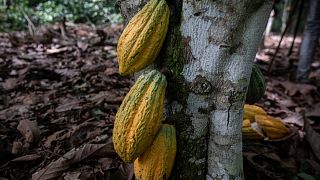
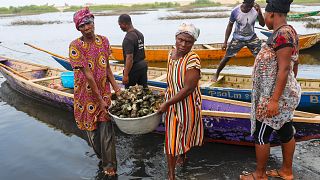
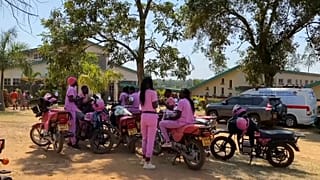
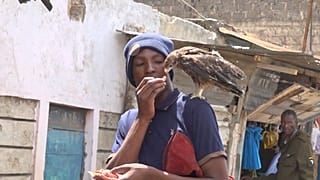

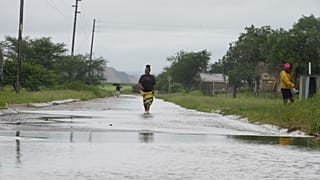

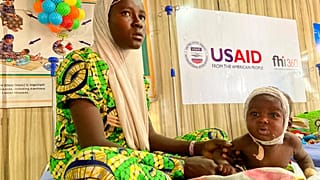
01:02
Deadly floods sweep Southern Africa as authorities warn of more heavy rains
02:10
Makoko demolitions leave thousands homeless as Lagos clears waterfront settlement
01:00
Farmers leave Paris but tensions rise in Toulouse over EU-Mercosur trade deal
01:00
French farmers protest EU Mercosur deal with tractors in Paris
00:23
Senegal baskets are all the rage so why aren't craftswomen seeing the profits?
01:00
Farmers protest at Macron's second home over EU trade deal